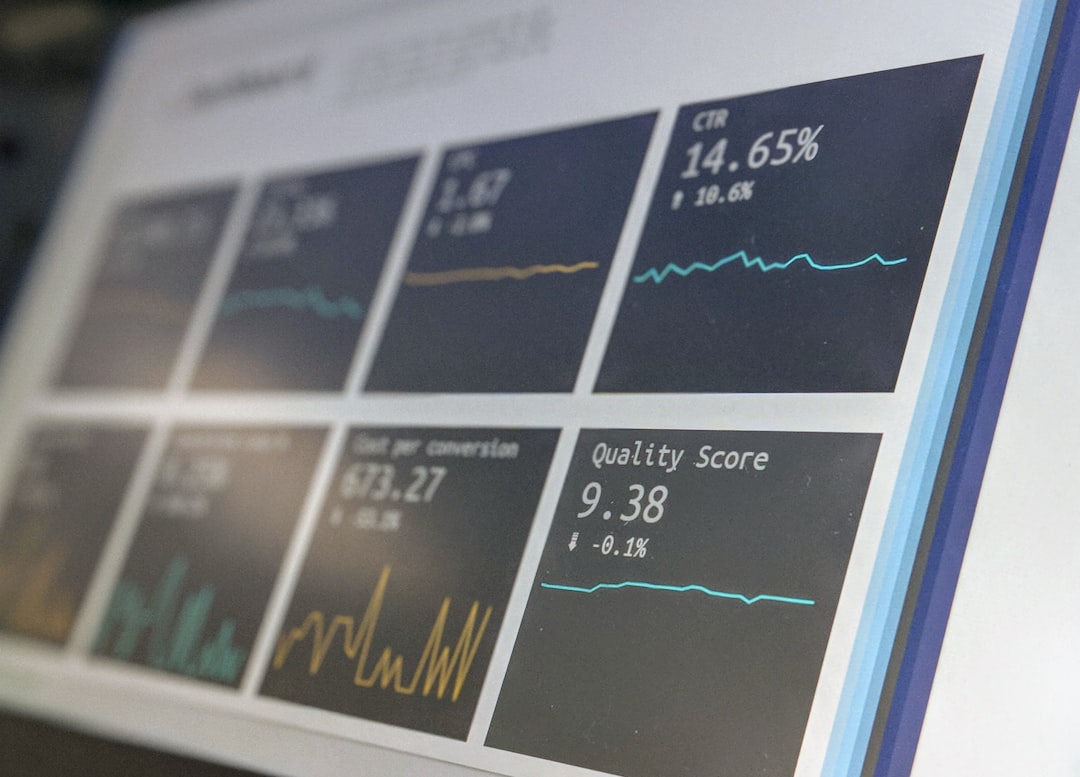
Tokenizing Data Streams: A Comprehensive Guide
In today’s data-driven world, the need for efficient and secure data processing has never been more paramount. Tokenizing data streams has emerged as a vital technique in safeguarding sensitive information while maintaining high performance. This article delves into the intricacies of tokenizing data streams, exploring its significance, current trends, and practical applications.
What is Tokenization?
Tokenization is the process of replacing sensitive data elements with non-sensitive equivalents, known as tokens. These tokens can be used in data processing without exposing the original data. This method not only helps in data security but also aids in compliance with regulations such as GDPR and HIPAA.
Importance of Tokenizing Data Streams
1. Enhanced Security
One of the primary reasons organizations adopt tokenization is to enhance data security. By replacing sensitive data with tokens, the risk of data breaches is significantly reduced. Even if malicious actors gain access to the tokens, they cannot use them without the original data, which is securely stored.
2. Compliance with Regulations
Tokenization helps businesses comply with data protection regulations. By masking sensitive information, organizations can avoid hefty fines and legal issues associated with data breaches. This compliance is crucial for industries such as finance, healthcare, and e-commerce.
3. Improved Performance
Tokenizing data streams can lead to improved performance in data processing. Since tokens are smaller in size compared to the original data, they require less bandwidth and storage. This efficiency allows for faster data transmission and processing, which is essential for real-time applications.
Current Developments in Tokenization
As technology advances, so do the methods of tokenizing data streams. Here are some emerging trends:
1. Cloud-Based Tokenization Solutions
With the rise of cloud computing, many organizations are turning to cloud-based tokenization solutions. These services offer scalability and flexibility, allowing businesses to manage their tokenization needs without investing in extensive infrastructure.
2. Integration with Machine Learning
Integrating tokenization with machine learning can lead to more intelligent data processing. Machine learning algorithms can analyze tokenized data to extract insights while keeping the sensitive information secure.
3. Tokenization as a Service (TaaS)
Tokenization as a Service (TaaS) is gaining traction as businesses look for cost-effective solutions. TaaS providers offer tokenization services on a subscription basis, allowing organizations to implement tokenization without a significant upfront investment.
Practical Applications of Tokenizing Data Streams
Tokenization is applied in various sectors, including:
1. Financial Services
In the financial sector, tokenization is pivotal for protecting credit card information and personal identification data. Organizations like Visa and Mastercard employ tokenization to secure transactions, ensuring that sensitive information is not stored or transmitted unnecessarily.
2. Healthcare
In healthcare, patient data is highly sensitive. Tokenization allows healthcare providers to share patient information for research and analysis without exposing personal details, thus maintaining patient confidentiality.
3. E-commerce
E-commerce platforms use tokenization to secure customer payment information. By tokenizing credit card details, businesses can process transactions safely while minimizing the risk of fraud.
Case Study: Tokenization in Action
A leading e-commerce company recently implemented a tokenization solution to enhance its data security. After deploying the system, they experienced a 30% reduction in data breaches and were able to maintain compliance with PCI DSS regulations. This case illustrates the effectiveness of tokenizing data streams in real-world applications.
Tools and Resources for Tokenizing Data Streams
To further explore tokenization, consider the following tools and resources:
- TokenEx: A cloud-based tokenization platform that provides secure data protection solutions. TokenEx
- Thales CipherTrust: Offers comprehensive data protection solutions, including tokenization. Thales CipherTrust
- IBM Cloud Data Shield: A service that provides data protection for cloud applications. IBM Cloud Data Shield
Conclusion
Tokenizing data streams is an essential practice for organizations looking to secure sensitive information while ensuring compliance with regulations. As technology evolves, the methods and tools for tokenization continue to develop, providing businesses with more sophisticated solutions. By adopting tokenization, organizations can protect their data assets while enhancing operational efficiency.
For those interested in learning more about tokenization and its applications, consider subscribing to industry newsletters or exploring additional resources. Sharing this article can help spread awareness about the importance of data security through tokenization.
Glossary of Terms
- Token: A non-sensitive equivalent of sensitive data.
- Data Breach: An incident where unauthorized individuals access sensitive data.
- GDPR: General Data Protection Regulation, a regulation in EU law on data protection and privacy.
- HIPAA: Health Insurance Portability and Accountability Act, a U.S. law designed to provide privacy standards to protect patients’ medical records.
By understanding and implementing tokenization, organizations can navigate the complexities of data security in today’s digital landscape.


